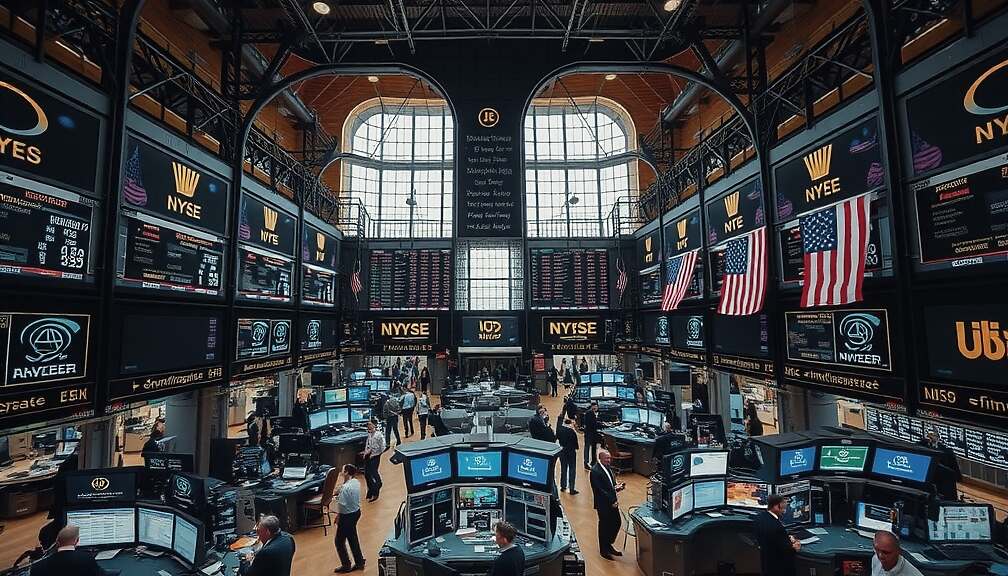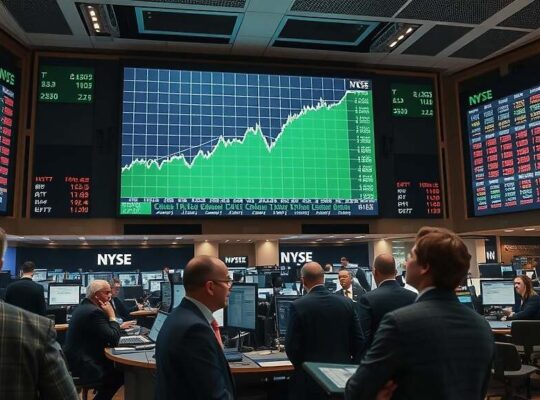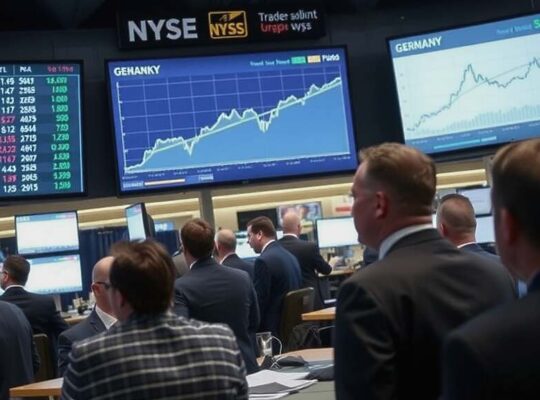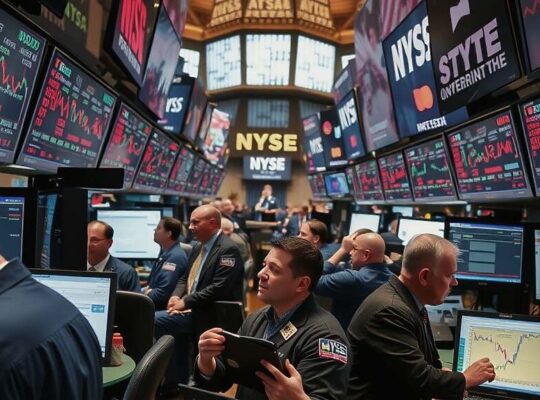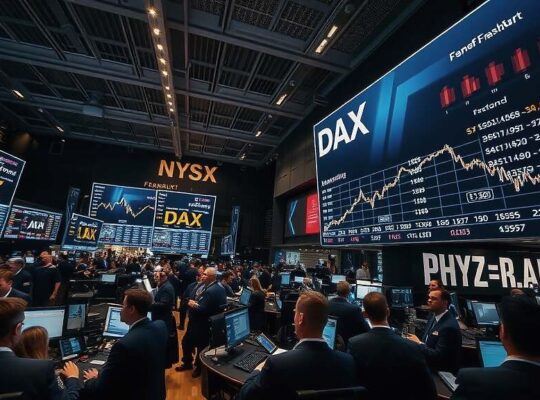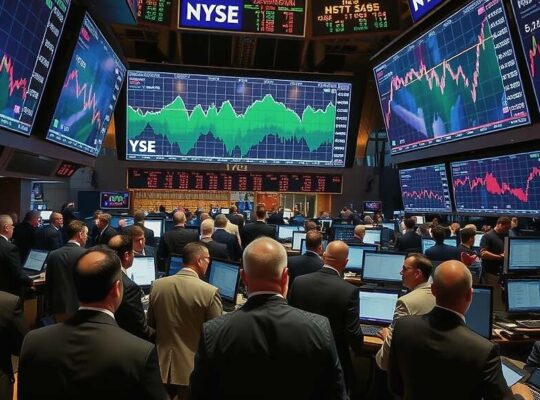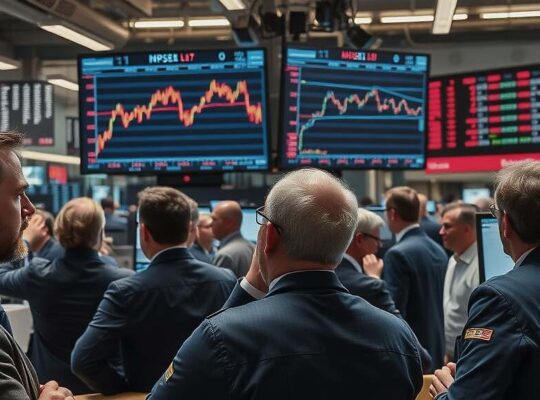European markets opened cautiously Thursday, with the German DAX index experiencing a slight dip, registering around 24,090 points – a 0.4% decrease from the previous day’s close. While Merck, Qiagen and FMC demonstrated positive performance, Rheinmetall, Siemens Energy and Heidelberg Materials lagged behind. Investor attention is keenly focused on the political developments unfolding in France, where upcoming votes of no confidence could significantly impact market stability.
The potential survival of Defence Minister Sébastien Lecornu as Prime Minister, although seemingly positive for immediate market continuity, presents a complex political and economic trade-off. According to Thomas Altmann of QC Partners, while avoiding a potentially disruptive general election is favorable, the cost may be a near-abandonment of urgently needed fiscal consolidation measures. This lack of budgetary rigor elevates the risk of future instability, potentially triggering renewed concerns about France’s debt burden and unsettling financial markets further down the line.
Adding to the uncertainty, the ongoing US government shutdown continues to deprive markets of essential data, creating a situation described by analysts as a “blind flight” on Wall Street. The 21st government shutdown since 1976 is rapidly approaching the status of one of the longest in US history, threatening to eclipse precedents set during the Trump, Clinton, Carter and Obama administrations. The protracted deprivation of official figures is fostering an environment of increased volatility and speculative behavior.
The euro marginally strengthened against the dollar, trading at 1.1649 USD, but this provides little solace against the broader macroeconomic headwinds. Crude oil prices also exhibited a modest increase, with Brent North Sea crude fetching $62.50 per barrel – a 1% rise attributed to ongoing supply concerns and broader geopolitical uncertainties. The prevailing sense on European exchanges, however, remains one of cautious monitoring and a recognition of the systemic challenges lying ahead.


